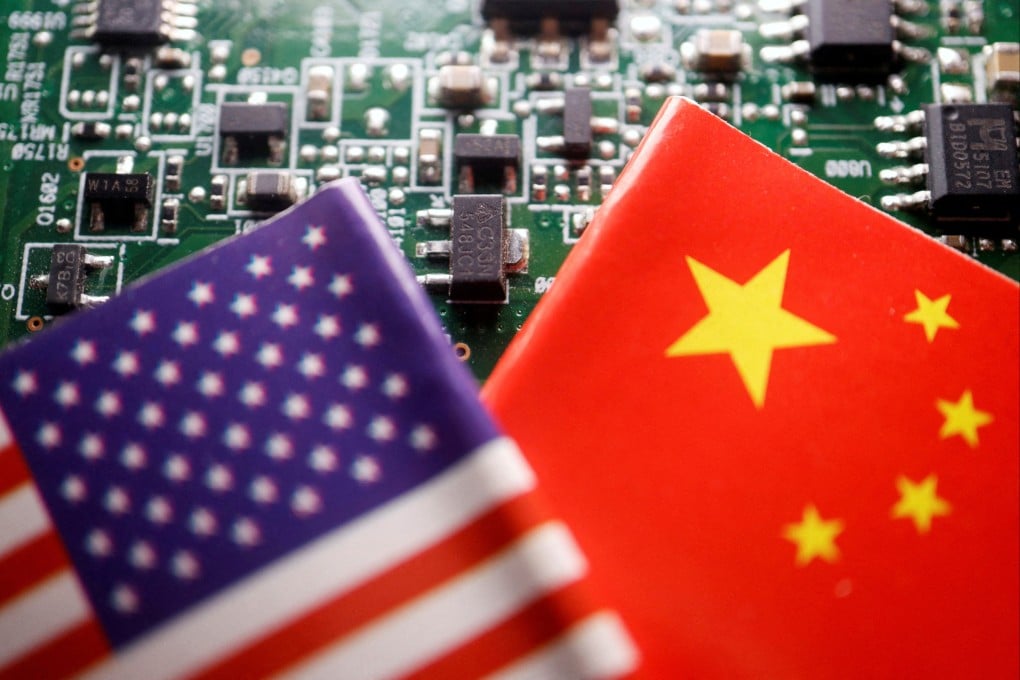Chip war: China’s semiconductor industry braces for another 4 years under Trump
Chinese semiconductor firms are ramping up purchases of foreign chipmaking equipment and looking to forge new alliances

Among the strategies being considered are the pursuit of closer ties with countries and firms that may feel alienated by the US President-elect’s future policies, and a doubling down on self-sufficiency, according to a review of more than 30 articles and research notes published by Chinese chip firms, associations and analysts this week after Trump’s win.
Zhu Jing, deputy secretary general of the Beijing Semiconductor Industry Association, urged Chinese chip firms on Thursday to strengthen their overseas business and expand to more countries, saying there could be opportunities to resume procurement of certain chip imports should global coordination between the US, Japan and Europe to enforce sanctions against China weaken under Trump.

Companies should also step up to attract overseas talent if the Trump administration repeats the stance of its first term and implements policies that make it difficult for Chinese students and professionals to work in the United States, he said in an article published on WeChat.
“After Trump takes office it is possible that there will be some benefits to the development of China’s semiconductor industry in terms of professional talent, multinational companies and foreign cooperation. I recommend that we adapt to the new situation and changes in a timely manner,” he said.